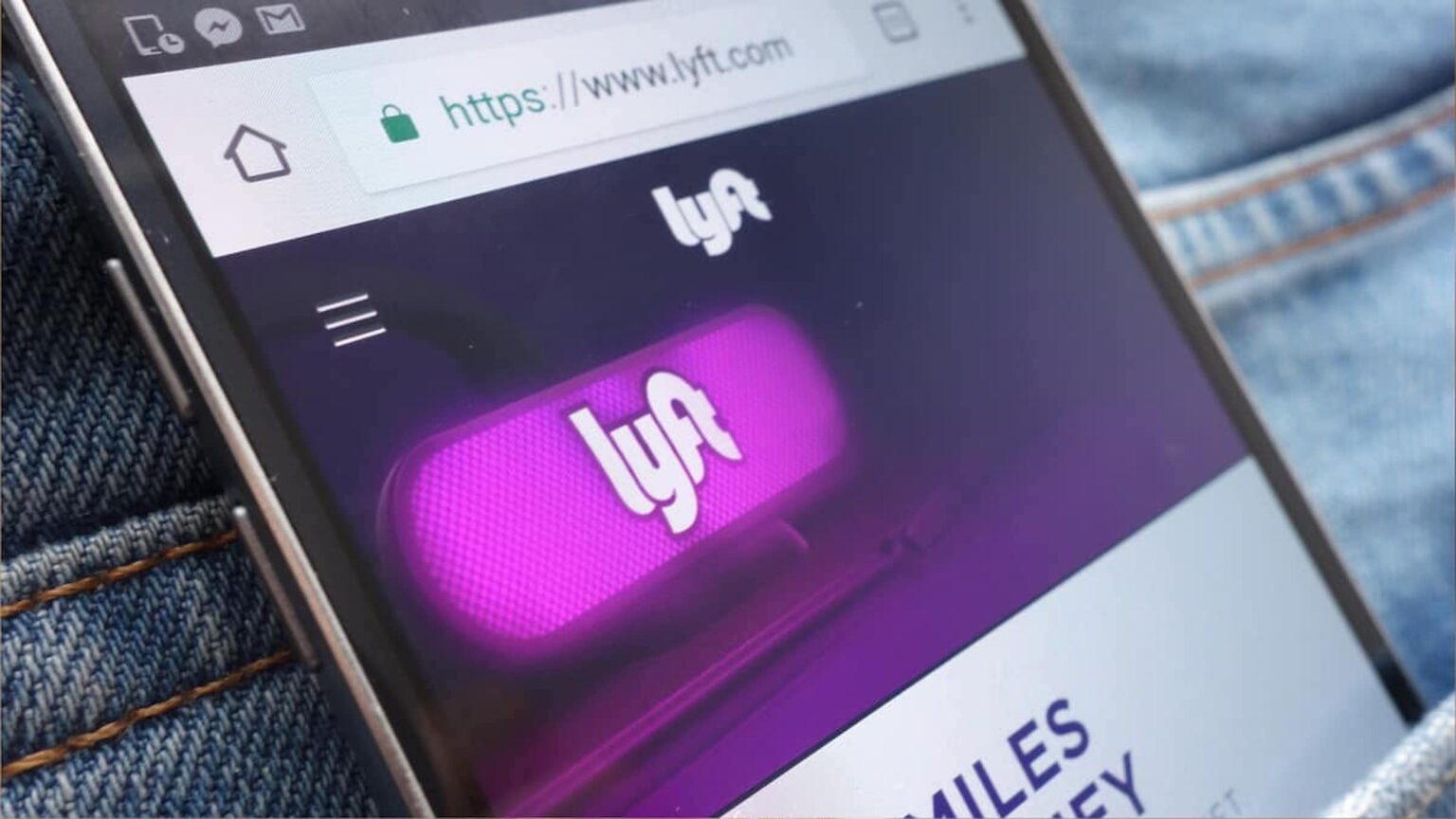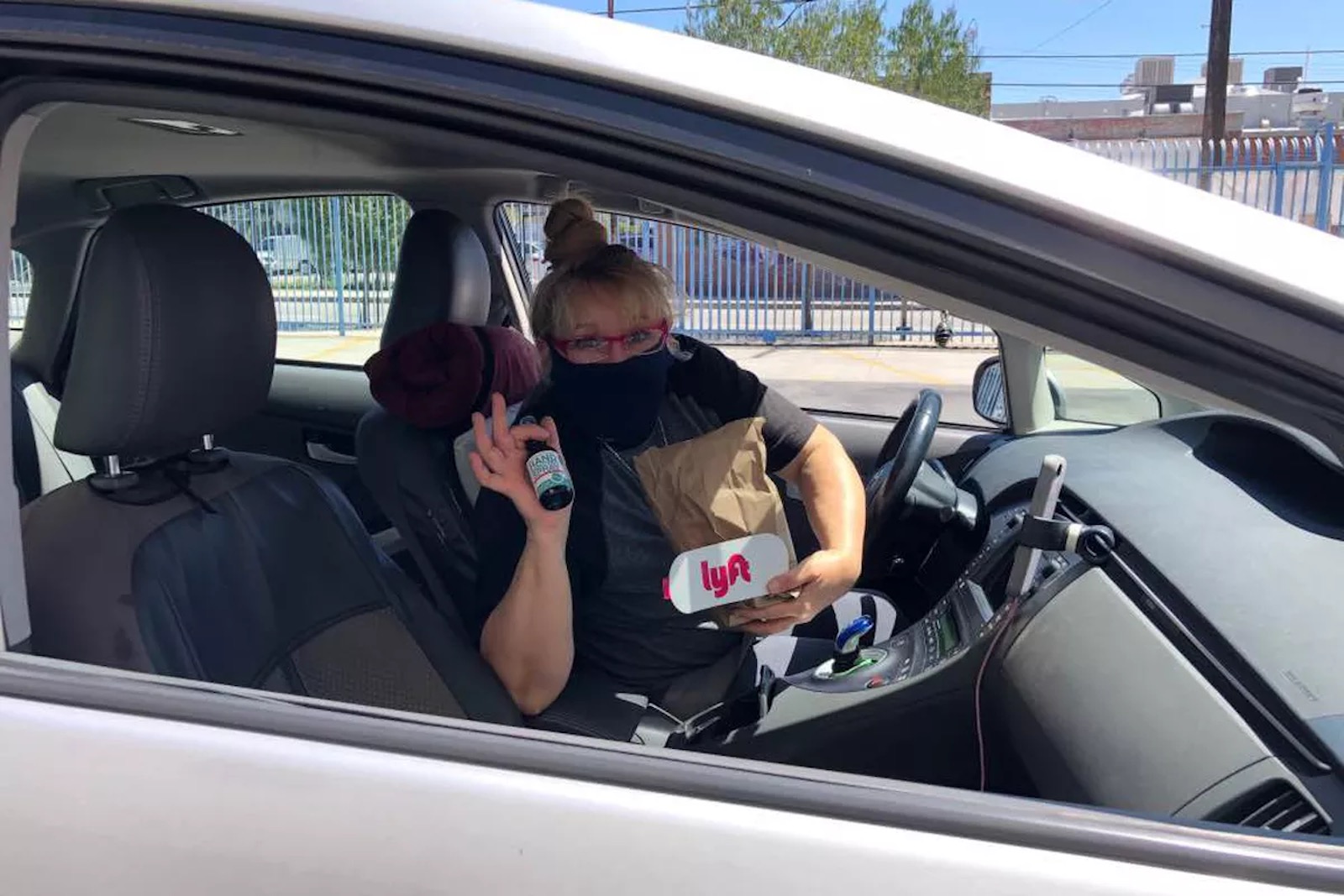
Lyft and Uber versus California: A timeline of the whole debacle
Lyft said it would leave California just before midnight on August 20, 2020, but backtracked after a court granted it & Uber more time to appeal a ruling that would force the companies to classify drivers as employees.
On August 10, 2020, a trial court granted the state a preliminary injunction requiring Uber and Lyft to reclassify their drivers as employees beginning August 21, before the appeals court extended the stay. The injunction required Uber and Lyft to take on additional costs related to employment if they continued to operate in the state, such as payroll taxes and unemployment insurance.

Costly reclassification
Lyft & Uber said they would have to shut down temporarily to rework their businesses to comply with the injunction and rehire workers as employees. They said they would likely have to slash the number of workers they could employ once they returned, create more rigid work schedules for drivers, and raise prices for riders.
California officials argue that nothing in the law requires Uber and Lyft to eliminate flexible work for drivers, but the companies have said it would be logistically unrealistic for them not to.

State injunction
The injunction was the result of a suit filed by California Attorney General Xavier Becerra against Uber & Lyft in May 2020 alleging the ride-hailing companies have misclassified their drivers as contractors in violation of a new state law that went into effect in 2020. City attorneys from San Francisco, Los Angeles, and San Diego have joined Becerra in the lawsuit.
The suit, filed in San Francisco Superior Court, alleges Uber and Lyft have denied their workers key benefits and protections by classifying drivers as contractors rather than employees. The plaintiffs claim the decision denied workers the right to minimum wage and overtime pay, reimbursement for business-related expenses, access to unemployment and disability insurance as well as paid sick leave.

Heart of the debate
The lawsuit gets to the heart of a recent debate between gig economy companies and California officials. Assembly Bill 5 went into effect in early 2020 and was created as a way to require gig economy companies to classify their drivers as employees, rather than contractors.
Uber & Lyft have said the law strips workers of flexibility in work that they enjoy, while government officials backing the bill say it affords workers key benefits they are otherwise denied as contractors. When challenged over their classification of drivers as contractors, the first line of defense Uber & Lyft often invoke is that drivers prefer it that way.

Survey sum–up
A 2020 survey of 734 app-based drivers conducted by the independent blog the Rideshare Guy found that more than seventy–one percent preferred being classified as independent workers. That’s high, but not as high as a survey done by the same blogger before the pandemic, when more than eighty–one percent of the nearly 1,000 respondents said they preferred to be independent workers.
The coronavirus pandemic has brought into focus the unique challenges for gig workers. As Uber & Lyft have experienced decreased ridership, drivers are left without a source of income they have come to rely on. Gig workers did gain access to unemployment benefits and the extra $600 per week for up to four months offered under Congress’ economic relief bill. However, some drivers reported issues filing for the money.

Prop 22
California does have a proposition on the ballot this November on the issue. Proposition 22 is a law backed by gig economy workers that would prevent companies like Uber and Lyft from classifying drivers and employees.
If Proposition 22 doesn’t pass and the decision is upheld by the appeals court then drivers for the two companies would be classified as employees and receive a minimum wage (which is $15 in California), paid sick leave, overtime pay, and other benefits
Key dates
August 25 by 5 p.m. PT: Uber & Lyft must file written statements agreeing to the timeline and conditions laid out by the court in order for the stay on the injunction to be extended through the appeals process. Otherwise, the stay expires at this time.
September 4: Uber & Lyft must submit opening briefs by this date along with sworn statements from their CEOs certifying they have a plan to comply with the law if their appeal and ballot measure both fail.

September 18: California officials must file their response.
September 25: Uber & Lyft can submit responses to the state’s brief.
October 13: Oral arguments occur before the court.








